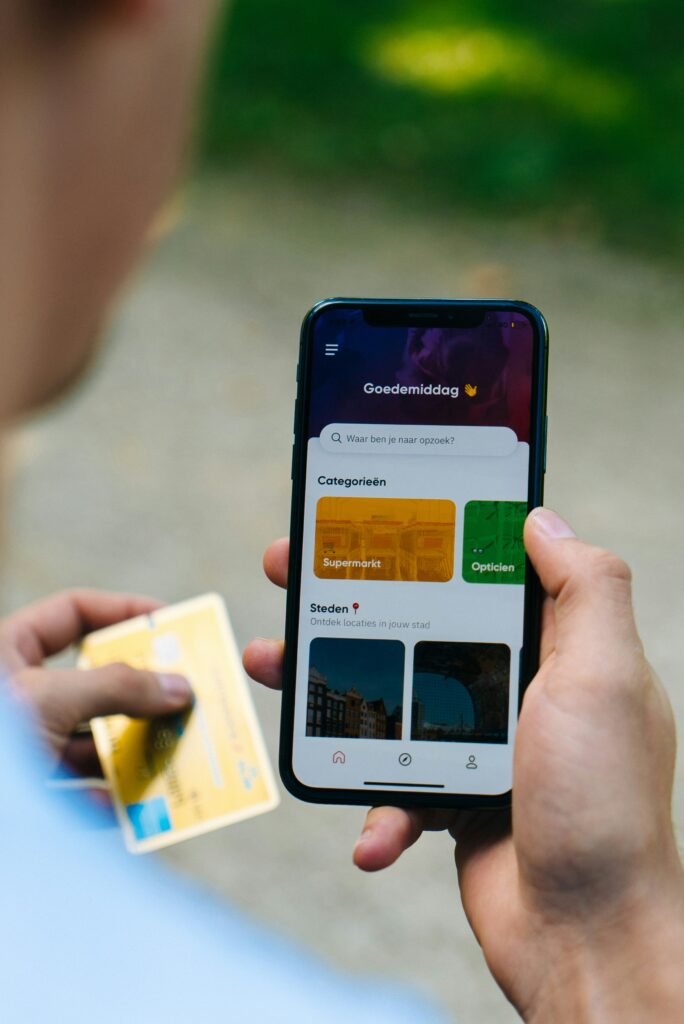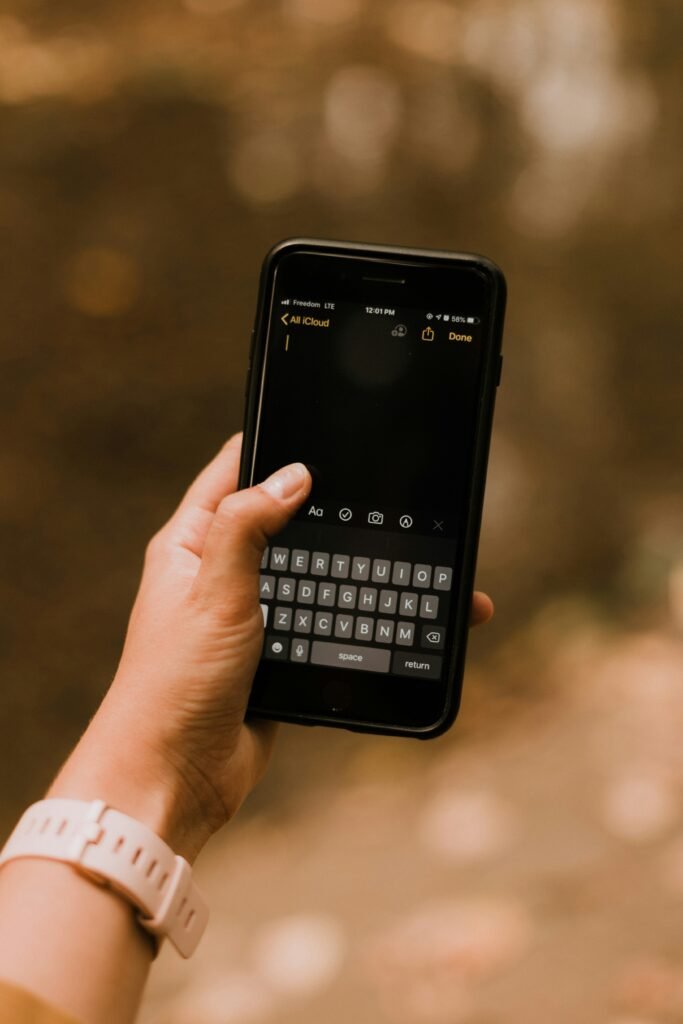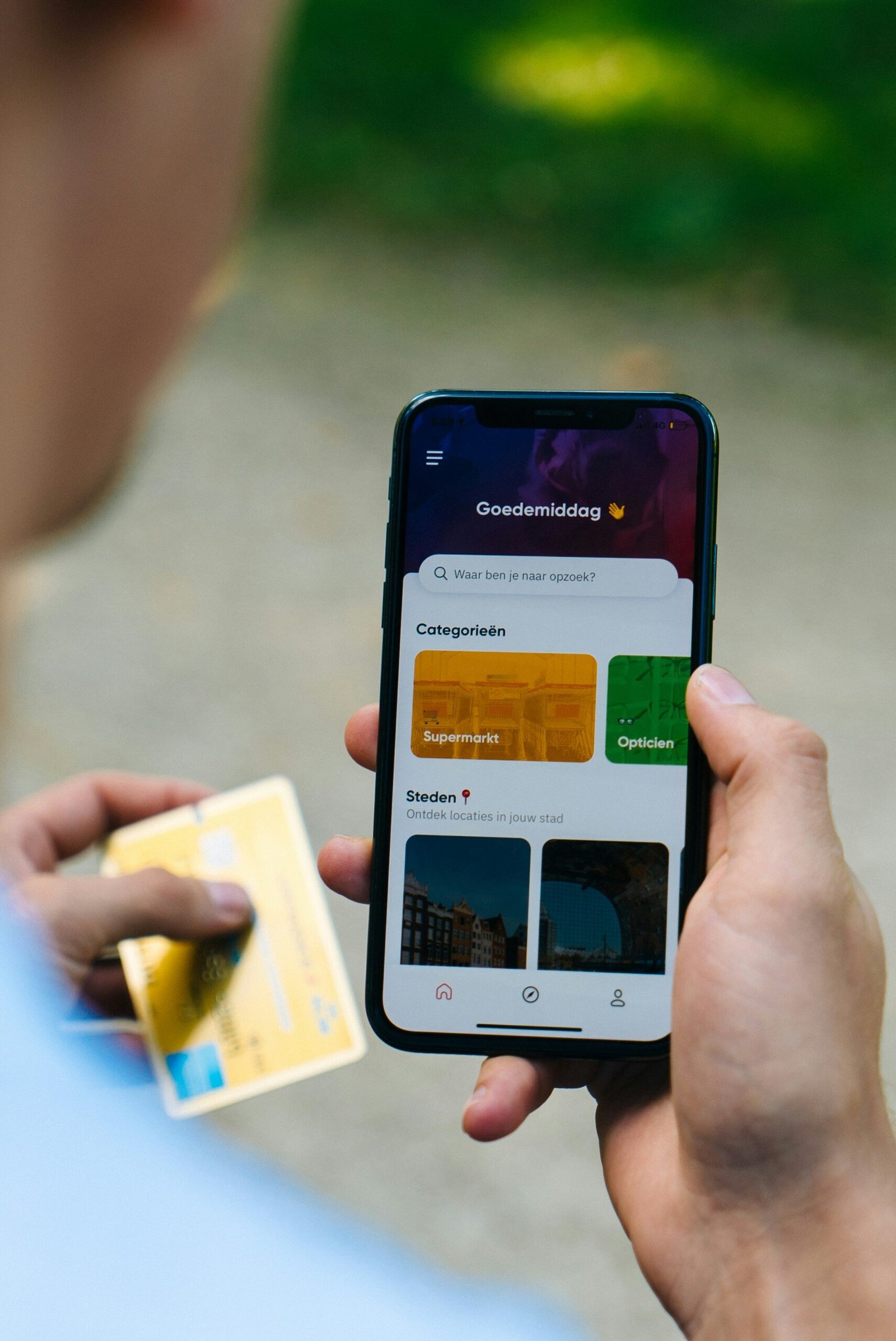So, you just got a shiny, new iPhone 12, but now you find yourself needing to reset it. Whether you’re experiencing a software glitch or simply want to start fresh, we’ve got you covered. In this article, we’ll walk you through the step-by-step process of resetting your iPhone 12, ensuring that you can quickly and easily restore it to its factory settings. Get ready to say goodbye to any pesky issues and hello to a like-new device!

Factory reset options
Understanding the different reset options
When it comes to resetting your iPhone 12, you have several options to choose from. Understanding the different reset options available to you is crucial in ensuring you make the right choice for your needs. Each reset option serves a different purpose and can have varying levels of impact on your device.
When to perform a factory reset
There are several situations in which performing a factory reset on your iPhone 12 may be necessary. If your device is experiencing software issues, such as freezing or crashing, a factory reset can often resolve these problems. Additionally, if you are planning to sell or give away your iPhone, resetting it to its factory settings is essential to protect your personal information.
Backup your data
The importance of backing up your data
Before proceeding with a factory reset, it is crucial to back up your data. This step ensures that all your important files, photos, contacts, and settings are safely stored elsewhere and can be easily restored after the reset. By backing up your data, you can avoid the risk of permanently losing valuable information.
How to backup your iPhone 12
Backing up your iPhone 12 is a straightforward process that can be done through iCloud or your computer. To back up your device using iCloud, make sure you are connected to Wi-Fi, go to Settings, tap on your name, select iCloud, and choose iCloud Backup. If you prefer to back up using your computer, connect your iPhone to the computer, open iTunes or Finder, select your device, and click on the “Back Up Now” option.

Disable Find My iPhone
Why disabling Find My iPhone is necessary
Before performing a factory reset on your iPhone 12, it is important to disable the Find My iPhone feature. This security measure prevents unauthorized individuals from accessing your device after the reset. Disabling Find My iPhone removes the activation lock, allowing the device to be set up as new or transferred to another user.
Step-by-step guide to disable Find My iPhone
To disable Find My iPhone, follow these simple steps. Open the Settings app on your iPhone, tap on your name, select Find My, and toggle off the Find My iPhone option. You will be prompted to enter your Apple ID password to confirm the disabling of this feature. Once Find My iPhone is disabled, you can proceed with the factory reset process.
Reset from iPhone settings
Accessing the settings menu
To reset your iPhone 12 from the settings menu, start by opening the Settings app on your device. The app icon is recognizable by its gray gears on a white background. Simply tap on the icon to access the settings menu.
Selecting the General option
Within the settings menu, scroll down and find the “General” option. It is usually located towards the top of the list. Tap on “General” to access the general settings of your iPhone 12.
Choosing Reset and Erase All Content and Settings
After selecting the General option, scroll down until you see the “Reset” option. Tap on it to view the available reset options. Among the choices, you will find the “Erase All Content and Settings” option. This is the option you need to select to perform a factory reset. Make sure you have backed up your data before proceeding, as this action cannot be undone.

Reset with iTunes
Installing and launching iTunes on your computer
To reset your iPhone 12 using iTunes, you will need to have iTunes installed on your computer. If you haven’t installed iTunes yet, visit the Apple website and download the latest version suitable for your operating system. Once installed, launch iTunes on your computer.
Connecting your iPhone 12 to the computer
Using the appropriate charging cable, connect your iPhone 12 to your computer. Depending on your iPhone model, you may need a Lightning cable or a USB-C cable. Ensure that the cable is securely connected to both your iPhone and the computer.
Selecting your iPhone in iTunes
After successfully connecting your iPhone 12 to the computer, locate your device within iTunes. It should appear as an icon or a name in the upper-left corner of the iTunes window. Click on your iPhone to select it.
Clicking on the Restore iPhone option
Within the summary page of your iPhone, you will find a “Restore iPhone” button. Click on this button to initiate the reset process. A confirmation prompt will appear, warning you that this action will erase all content and settings on your iPhone. Make sure you have backed up your data beforehand, as this action cannot be reversed.
Reset with Finder (Mac)
Connecting your iPhone 12 to your Mac
To perform a factory reset using Finder on a Mac, connect your iPhone 12 to your Mac using the appropriate charging cable. Ensure that both ends of the cable are securely plugged in before proceeding.
Opening Finder
Once your iPhone 12 is connected to your Mac, launch Finder. You can do this by locating the Finder icon, which resembles a blue face, in your dock or by clicking on the Finder app in your Applications folder.
Selecting your iPhone under Locations
Within Finder, you will find a “Locations” section in the sidebar. Under “Locations,” you will see your iPhone 12 listed. Click on your iPhone to select it and access its details.
Clicking on the Restore iPhone button
Within the details page of your iPhone in Finder, you will find a button labeled “Restore iPhone.” Click on this button to initiate the factory reset process. Remember to have a backup of your data before proceeding, as this action will erase all content and settings on your iPhone.
Reset using Recovery Mode
Putting your iPhone 12 into Recovery Mode
If you are unable to access your iPhone’s settings or use iTunes/Finder to reset it, you can try entering Recovery Mode. To put your iPhone 12 into Recovery Mode, connect it to your computer and force restart it by pressing and releasing the volume up button quickly, followed by the volume down button. Then, press and hold the side button until the recovery mode screen appears.
Using iTunes to reset your iPhone 12 in Recovery Mode
Once your iPhone 12 is in Recovery Mode, iTunes/Finder should automatically detect it and provide you with an option to Restore or Update your device. Choose the “Restore” option to perform a factory reset. Keep in mind that this process will erase all content and settings on your iPhone, so make sure to have a backup beforehand.
Reset using DFU (Device Firmware Update) Mode
Entering DFU Mode on your iPhone 12
DFU Mode allows for a deeper level of system restore and is useful when troubleshooting more complex issues. To enter DFU Mode on your iPhone 12, connect it to your computer and force restart it by pressing and releasing the volume up button quickly, followed by the volume down button. Then, press and hold the side button until the screen goes black. After two seconds, while still holding the side button, press and hold the volume down button. Release the side button after five seconds but continue holding the volume down button for about 10 seconds.
Using iTunes to reset your iPhone 12 in DFU Mode
Once your iPhone 12 is in DFU Mode, iTunes/Finder should detect it and prompt you to Restore or Update your device. Choose the “Restore” option to perform a factory reset using DFU Mode. Remember to have a backup of your data before proceeding, as this action will erase all content and settings on your iPhone.
Troubleshooting common issues
Help! My iPhone 12 won’t reset
If you encounter difficulties while trying to reset your iPhone 12, there are a few troubleshooting steps you can try. First, make sure that you have a stable internet connection and sufficient battery life. If the reset process still fails, try force restarting your iPhone by pressing and releasing the volume up button quickly, followed by the volume down button, and then holding the side button until the Apple logo appears.
Stuck on the Apple logo after reset
Sometimes, after a factory reset, your iPhone 12 might get stuck on the Apple logo. If this happens, try force restarting your device by pressing and releasing the volume up button quickly, followed by the volume down button, and then holding the side button until the Apple logo disappears and reappears.
Black or frozen screen after reset
In some cases, your iPhone 12’s screen may turn black or freeze after a reset. To resolve this issue, force restart your device by pressing and releasing the volume up button quickly, followed by the volume down button. Then, press and hold the side button until the Apple logo appears on the screen.
Final thoughts
Considerations before resetting your iPhone 12
Before proceeding with a factory reset, consider the impact it will have on your device. Remember that resetting your iPhone 12 will erase all content and settings, so it is crucial to have a backup of your data. Take the time to assess whether a factory reset is necessary or if alternative solutions might fix the issue you are experiencing.
Find a suitable reset method for your situation
There are various methods available to reset your iPhone 12, each with its advantages and requirements. Whether you choose to reset from the settings menu, use iTunes/Finder, enter Recovery Mode, or DFU Mode, make sure to select the method that best suits your specific situation and needs. Always prioritize the safety of your data and follow the step-by-step instructions carefully to avoid any issues.








